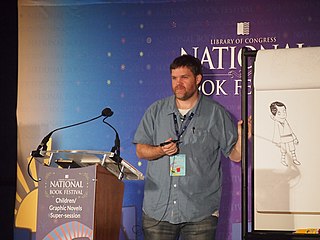A Quote by Tara Brach
I recently read in the book My Stroke of Insight by brain scientist Jill Bolte Taylor that the natural life span of an emotion—the average time it takes for it to move through the nervous system and body—is only a minute and a half. After that we need thoughts to keep the emotion rolling. So if we wonder why we lock into painful emotional states like anxiety, depression, or rage, we need look no further than our own endless stream of inner dialogue.
Quote Topics
After
Anxiety
Average
Body
Book
Brain
Depression
Dialogue
Emotion
Emotional
Endless
Further
Half
Inner
Insight
Keep
Life
Life Span
Like
Lock
Look
Minute
Move
Natural
Natural Life
Need
Nervous
Nervous System
Only
Our
Own
Painful
Rage
Read
Recently
Rolling
Scientist
Span
States
Stream
Stroke
System
Takes
Taylor
Than
Thoughts
Through
Time
Why
Wonder
Related Quotes
For my part, I think we need more emotion, not less. But I think, too, that we need to educate people in how to feel. Emotionalism is not the same as emotion. We cannot cut out emotion - in the economy of the human body, it is the limbic, not the neural, highway that takes precedence. We are not robots...but we act as though all our problems would be solved if only we had no emotions to cloud our judgement.
Most of the time, it just sat there in my body, until the weekend. After five or six takes of crying, your body does not want to cry anybody. Your body is like, "I'm over this, can we start laughing, or something?," but you have to keep the emotion. It's a really weird process and it definitely just stays with you.
Music can move us to the heights or depths of emotion. It can persuade us to buy something, or remind us of our first date. It can lift us out of depression when nothing else can. It can get us dancing to its beat. But the power of music goes much, much further. Indeed, music occupies more areas of our brain than language does-humans are a musical species.
We keep quiet about what we read. Our enjoyment of a book remains a jealously guarded secret. Perhaps because there`s no need to talk, or because it takes time to distill what we've read before we can say anything. Silence is our guarantee of intimacy. We might have finished reading but we`re still living the book.
By immersing ourselves with our consciousness in a supersensible world, we now learn a new kind of thinking, a new life of mental pictures, one that is not dependent on the nervous system in the way ordinary thinking is. We know that previously we have had to make use of our nervous system, but now we no longer need our brain.






































